Victorian Energz Minister Lily D’Ambrosio dismisses renewables planning concerns
Victoria’s Energy Minister has dismissed concerns that the state government’s new planning fast-track for renewable energy projects will deny concerned communities the right to have their objections properly considered.
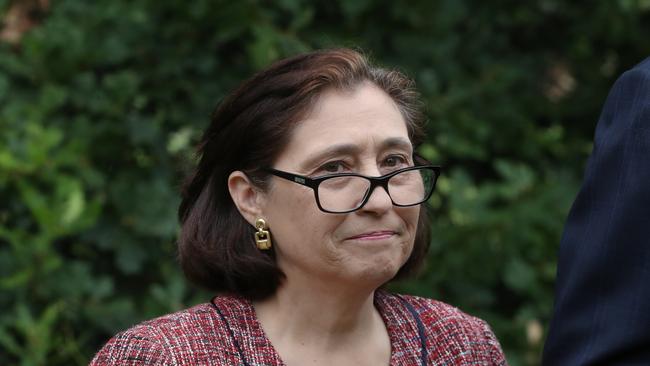
Victoria’s Energy Minister has dismissed concerns that the state government’s new planning fast-track for renewable energy projects will deny concerned communities the right to have their objections properly considered, claiming the new regime is “not about shutting down voices or ignoring biodiversity or community sentiment.”
The Australian revealed on Wednesday the planning overhaul, gazetted earlier this month, will give Planning Minister Sonya Kilkenny total discretion over whether or not third parties are notified of renewable energy projects that may affect them.
RMIT Environment and Planning emeritus professor Michael Buxton said the “radical” and “most unsatisfactory” change entrenches the minister in a clear conflict of interest between prioritising her government’s renewable energy agenda and reasonably considering the other social, economic and environmental impacts of proposed projects.
Addressing an audience that included many renewable energy companies at a Committee for Economic Development of Australia lunch on Wednesday, Lily D’Ambrosio spruiked the new changes, saying they would “improve turnaround for planning approval, saving anywhere from six months to 36 months off the planning approval pathway, while still protecting of course those who have views expressed and want to be consulted and oppose projects”.
“Having the planning minister ultimately responsible for making the decision will help to streamline and get greater certainty sooner around projects, around project settings,” Ms D’Ambrosio said.
“We’ve got very little time to waste. We’ve got to get on with it. It’s not about shutting down voices or ignoring biodiversity or community sentiment. It’s not about that at all.”
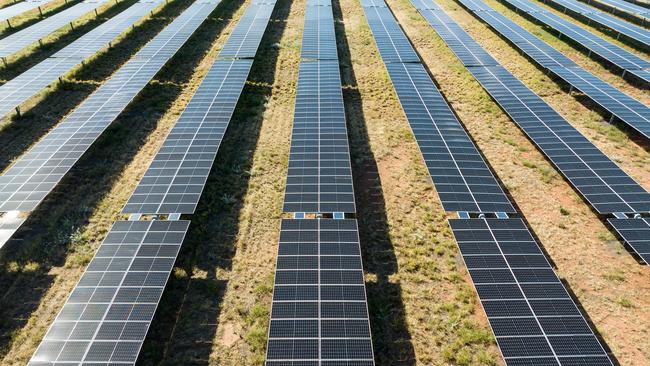
Ms D’Ambrosio conceded objectors no longer had the right to challenge projects in the Victorian Civil and Administrative Tribunal. “But these processes allow for communities to be heard and for biodiversity matters be considered,” she said.
The fast-tracking has been condemned by Professor Buxton as a recipe for “random, disorderly development in inappropriate places, some of the worst places”, while the Victorian Farmers Federation has declared the government’s “centralisation of power should be cause for concern for every Victorian”, and the opposition accused the government of having “torn away basic democratic rights from local communities”.
The Energy Minister also used her address to CEDA to defend her government’s gas policy, claiming that a forecast gas shortage in Victoria in coming years was the result of “geology, not ideology”.
Ms D’Ambrosio’s claim comes despite the government’s own Resources Victoria website stating geoscientific investigations conducted by the government between 2017 and 2020 “indicated that there are likely to be commercially feasible onshore conventional gas resources yet to be discovered in the Otway and Gippsland basins”.
The minister’s claims also appear to conflict with the Australian Energy Market Operator’s finding last month that the looming shortfall is due to a lack of investment in new supply, after the state government created an “uncertain investment environment” with its Gas Substitution Roadmap.
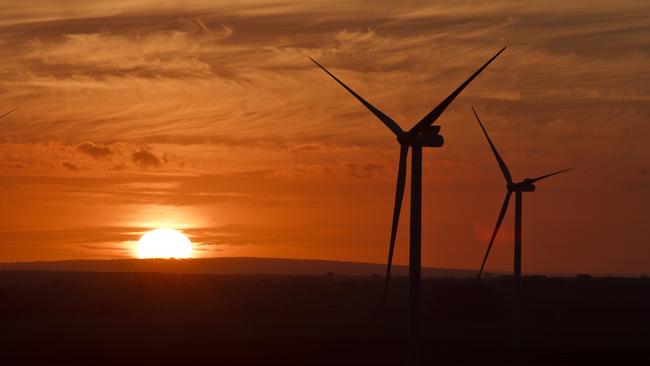
Ms D’Ambrosio’s comments came ahead of the release of the Australian Energy Regulator’s latest wholesale markets quarterly report on Thursday, which reveals that average quarterly electricity prices in Queensland and Victoria increased by 20 per cent and 9e per cent respectively compared to the corresponding quarter in 2023.
The regulator has attributed the price hikes to “seasonal changes and weather-related events”, including Victoria’s power meltdown on February 13, which was largely caused by high winds destroying transmission infrastructure.
More Coverage
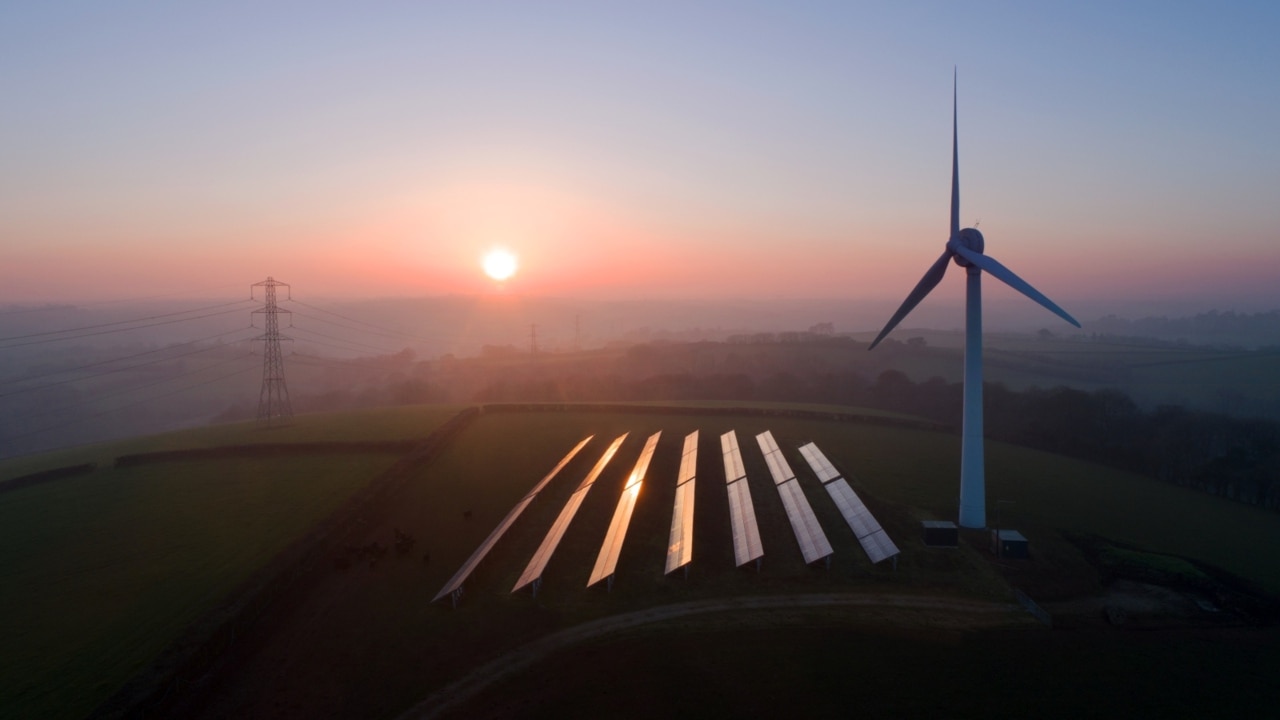






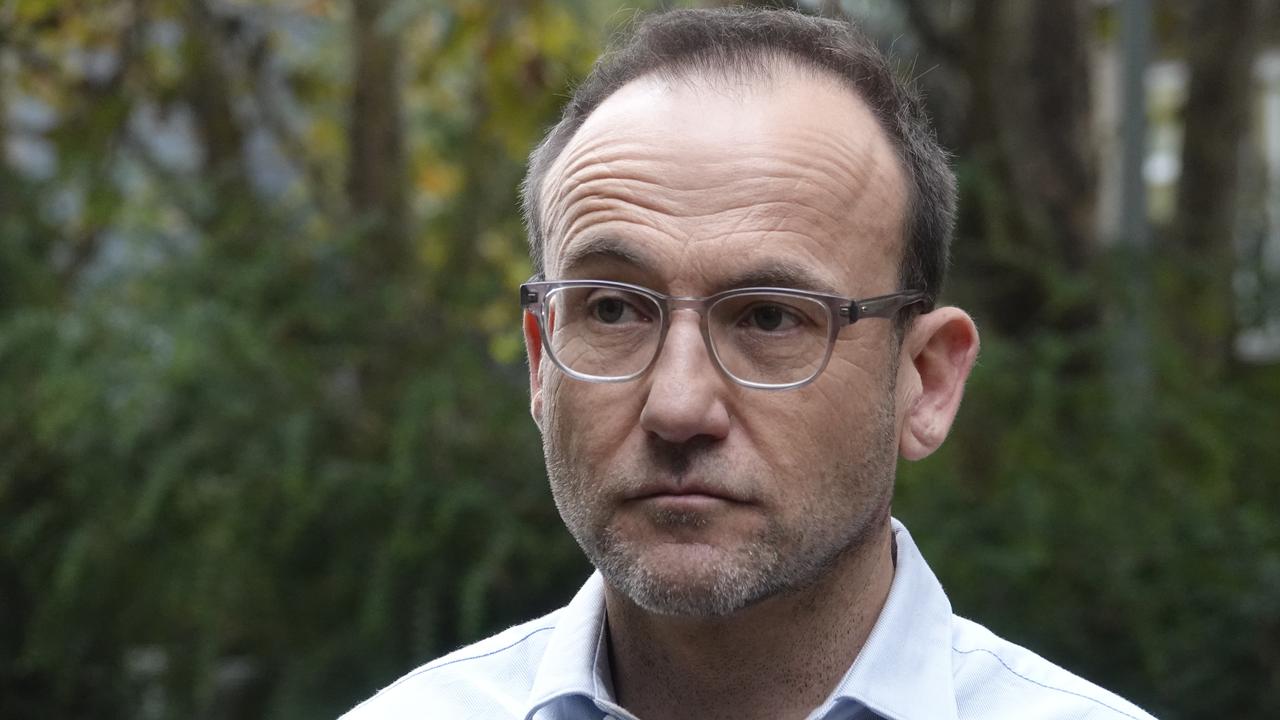
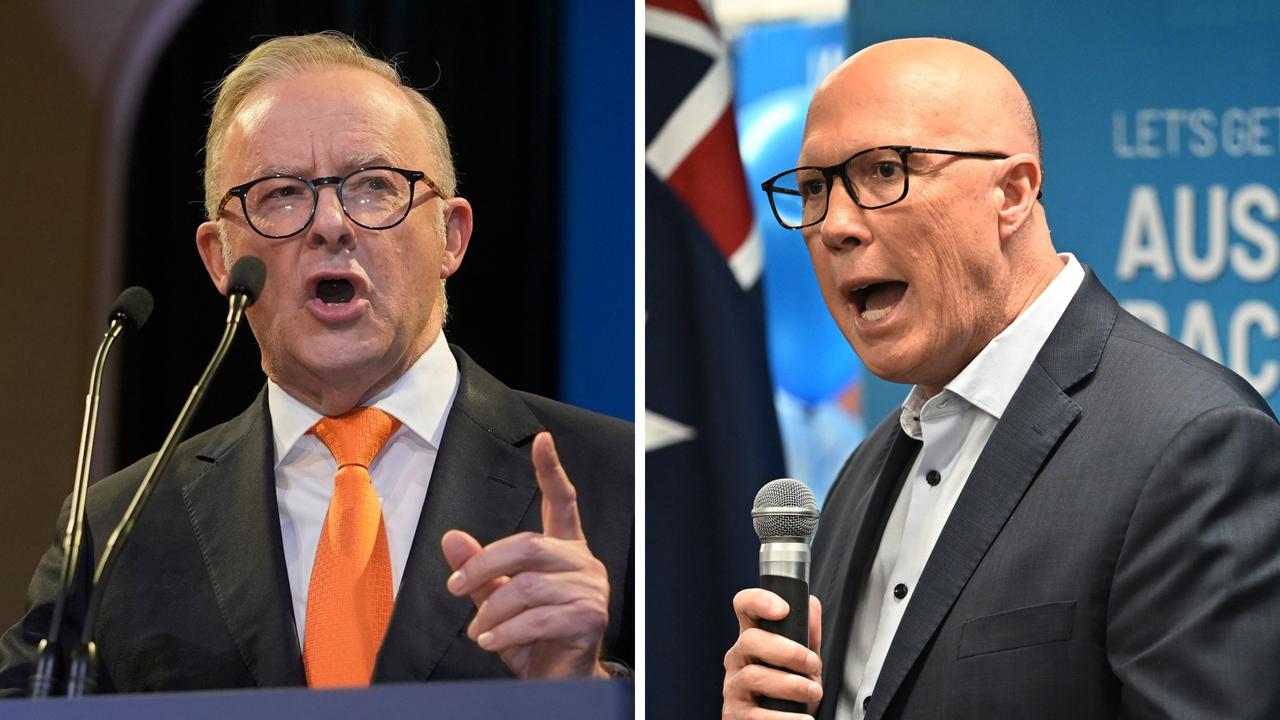
To join the conversation, please log in. Don't have an account? Register
Join the conversation, you are commenting as Logout